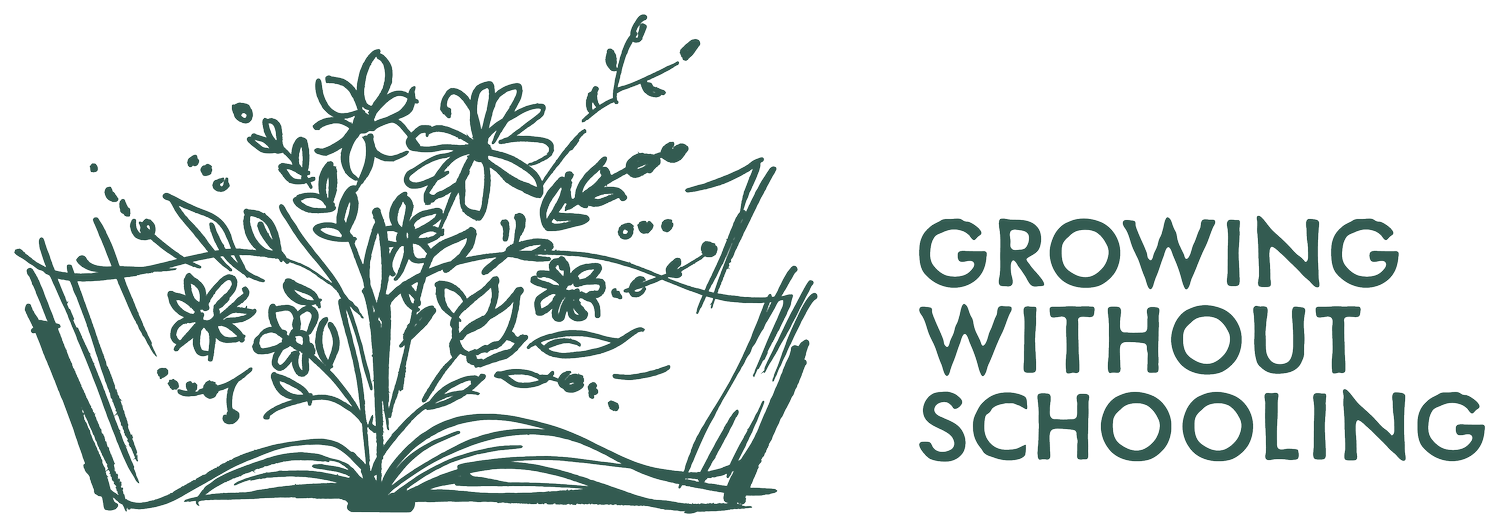Lost and Found in Translation
John Holt’s ideas about children, society, and learning continue to fly in the face of the standardization and commodification of students and teachers by the education industry—and not just in English-speaking countries. John’s work has been translated into over 40 languages; this year the publisher sent me an Italian edition of How Children Learn and Russian editions of How Children Fail and Learn. I was also contacted by two Chinese publishers for translation rights last year, but they never followed up after they received review copies. I was amazed that people in China would even be aware of Holt’s ideas about self-directed education given how the government tightly controls dissenting views, so I was not surprised when no contracts were proposed.
But Russia is another tightly controlled communist county and they did publish How Children Fail and How Children Learn. Though the copy on How Children Learn’s cover is an appeal to Russian high achievers (“Performance Secrets they don’t teach you in school”), the presentation of How Children Fail is more on the mark. The author of the back cover blurb, Nadia Papudogio, writes:
“You are holding in your hands a unique book. Not only because it will help you understand children, school, and the educational system as a whole but its relation to the child better. These are very lively notes of a person who has worked with children for a long time and the result was not only successes and failures of children (and later children that grew up and became us—adults), but also a deep reflection about their nature that transforms into practical conclusions. You will not find any pompous phrases here like “Teach them to not be afraid of failures.” No, this is a book about understanding, as well as mutual understanding. Whom is it for? Of course, for teachers. And of course for all parents who want to understand their children and themselves better.”
Schooling is much more intense for children now, as opportunities to participate and learn in the world outside of school diminish and the hours and required credentials for conventional schooling increase.
First published in 1964, John revised How Children Fail in 1982 based on his work with homeschoolers and his new insights about how children investigate the world and how parents and others can help them learn. I plan to revise this book for our digital age but, as it is, John’s insights from the sixties and eighties are still applicable and relevant.
Here are reviews for the English edition of How Children Fail:
“To anyone who deals with children and cares about children, this book cannot be too highly recommended.”—The New York Times
“Holt’s empathy for the child’s mind is extraordinary.”—Book Week
